New regulations for e-money tokens: What you need to know

Europe approves MiCA and TFR regulations for e-money tokens and crypto-assets
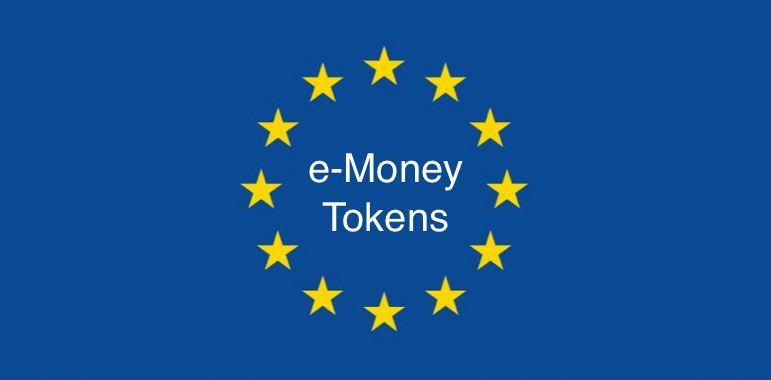
The European Parliament has approved the Markets in Crypto Assets Regulation (MiCA) and the Regulation on Information accompanying transfers of funds and certain crypto-assets (TFR) on 20th April 2023.
MiCA introduces a uniform regulatory framework for crypto-assets and related activities and services. It applies to natural and legal persons and other undertakings engaged in the issuance, public offer, trading of crypto-assets, and the provision of related services in the European Union (EU) known as crypto-asset service providers (CASPs).
However, MiCA does not apply to those providing crypto-asset services exclusively to their parent companies or subsidiaries. Also, the scope of MiCA excludes non-fungible tokens (NFTs) that are unique. Fractional NFTs and CASPs that offer NFT services remain subject to MiCA. Decentralised Finance (DeFi) arrangements that execute crypto-asset services in a fully decentralised manner are outside the scope of MiCA. Lending and borrowing in crypto-assets are not regulated by MiCA.
Crypto-assets are digital representations of value or rights that may be transferred and stored electronically using distributed ledger technology or similar technology. MiCA categorises crypto-assets into three sub-categories subject to different requirements depending on the risks they entail:
- e-Money Tokens - A type of crypto-asset that purports to maintain a stable value by referencing the value of one official currency.
- Asset-Referenced Tokens - A type of crypto-asset that purports to maintain a stable value by referencing any other value or right or a combination thereof, including official currencies.
- All Other Crypto-assets - All other crypto-assets that are not asset-referenced tokens or e-money tokens, which includes utility tokens. Utility tokens are a type of crypto-asset that is only intended to provide access to a good or service supplied by the issuer of the token.
MiCA prohibits entities from offering crypto-assets, except for asset-referenced tokens and e-money tokens, to the public or seeking admission of such crypto-assets to trade on a trading platform unless certain requirements are met. CASPs are subject to conduct, prudential, and governance requirements, outsourcing, conflict of interest, and asset safeguarding rules. MiCA prohibits EU persons from providing crypto-asset services unless authorised as a CASP. CASPs have the right to passport their authorisation throughout the EU.
MiCA contains a provision where third country firms may provide crypto-asset services to EU clients without authorisation as a CASP where a client established or situated in the EU initiates the provision of a crypto-asset service. However, once the third country firm solicits clients or potential clients in the EU, they will require authorisation as a CASP.
It is expected that both regulations will be published in the Official Journal by the end of June 2023 and come into force in July 2023. The provisions regulating stablecoins under MiCA will apply from July 2024, while the remaining provisions under MiCA and TFR will apply from January 2025.
Disclaimer:
GlobalStablecoins.com is an informational website that provides news about coins, blockchain companies, blockchain products and blockchain events. Don’t take it as investment advice. Speak to an advisor before you risk investing in an ICO, Cryptocurrencies, Cryptoassets, Security Tokens, Utility Tokens, Exchange Tokens, Global Stablecoins, Stablecoins or eMoney Tokens. GlobalStablecoins.com is not accountable, directly or indirectly, for any damage or loss incurred, alleged or otherwise, in connection to the use or reliance of any content you read on the site.
Affiliate Disclosure / Sponsored Posts:
If a Sponsored Post contains any mention of a crypto project, we encourage our readers to conduct diligence prior to taking further action. GlobalStablecoins.com does not recommend that any cryptocurrency should be bought, sold, or held by you. Do conduct your own due diligence and consult your financial advisor before making any investment decisions.
GlobalStablecoins.com may receive compensation for affiliate links. Should you perform activities in relation to an affiliate link, it is understood that some form of compensation might be made to GlobalStablecoins.com. For example, if you click on an affiliate link, and sign up and trade on an exchange, GlobalStablecoins.com may receive compensation.
Before you invest in Cryptoassets you should be aware of the following,
Cryptoassets are considered very high risk, speculative investments.
If you invest in Cryptoassets you should be prepared to lose all your money.
All Sponsored Posts are paid for by crypto projects, coin foundations, advertising firms, PR firms, or other marketing agencies. GlobalStablecoins.com is not a subsidiary of any marketing agency, nor are we owned by any crypto or blockchain foundation.
The purpose of offering Sponsored Posts to our advertisers is to help fund the day-to-day business operations at GlobalStablecoins.com.
If you come across a Sponsored Post which you believe is fraudulent and/or “scammy,” please contact us and we will perform an immediate investigation

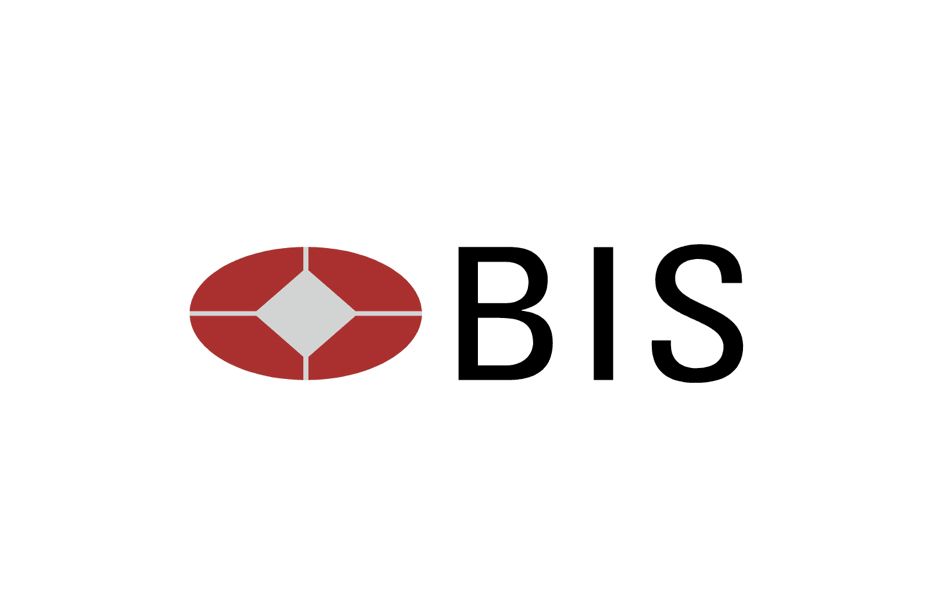
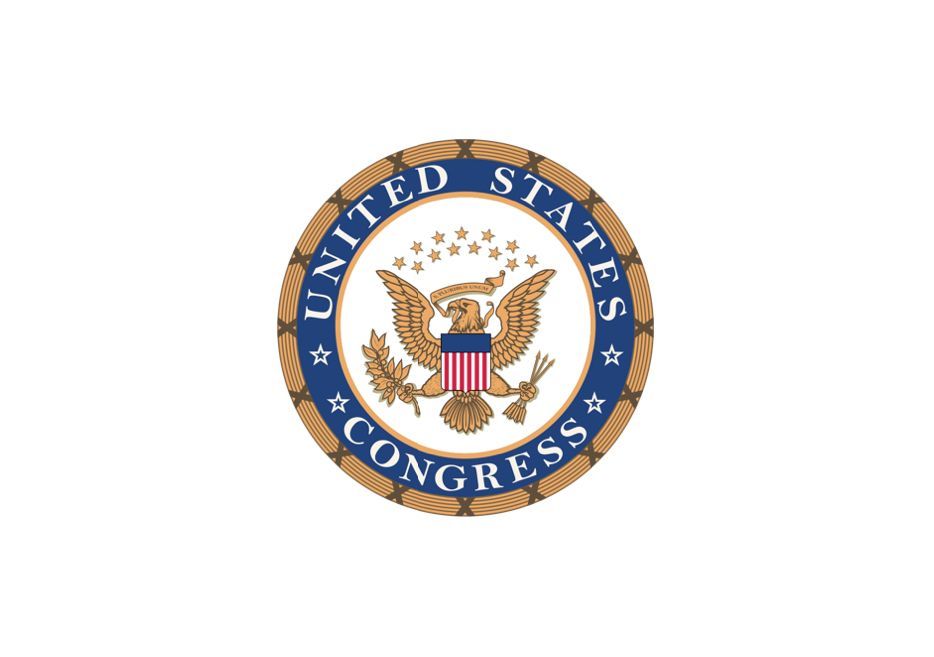

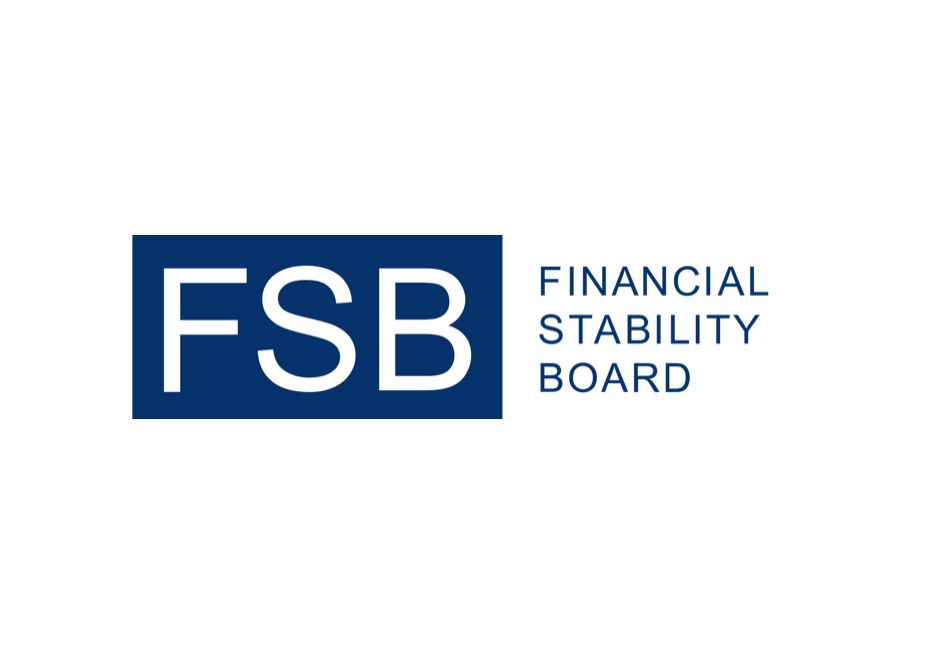
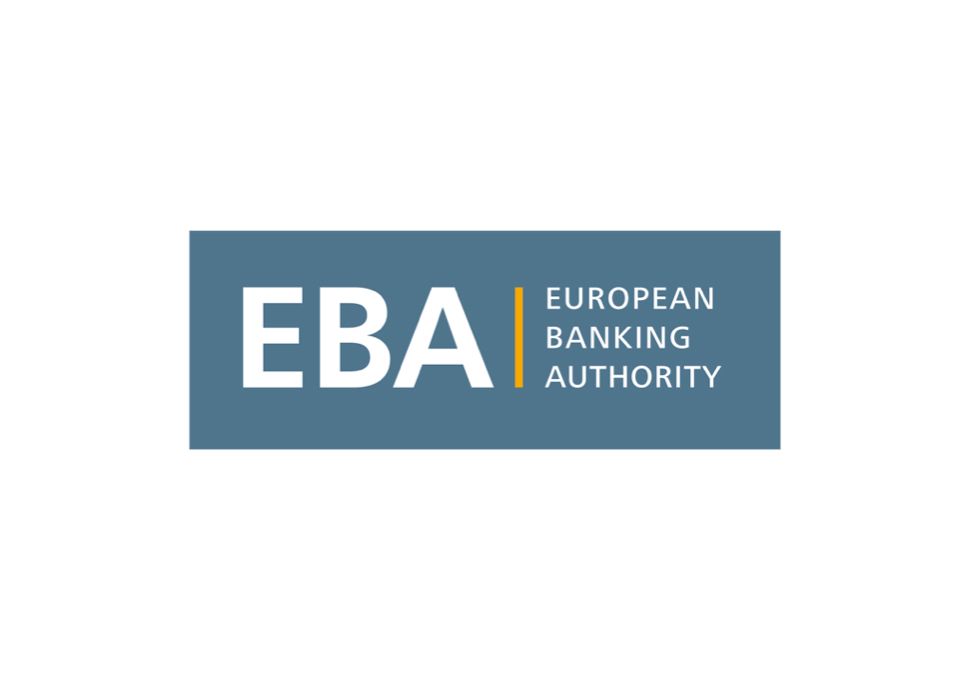
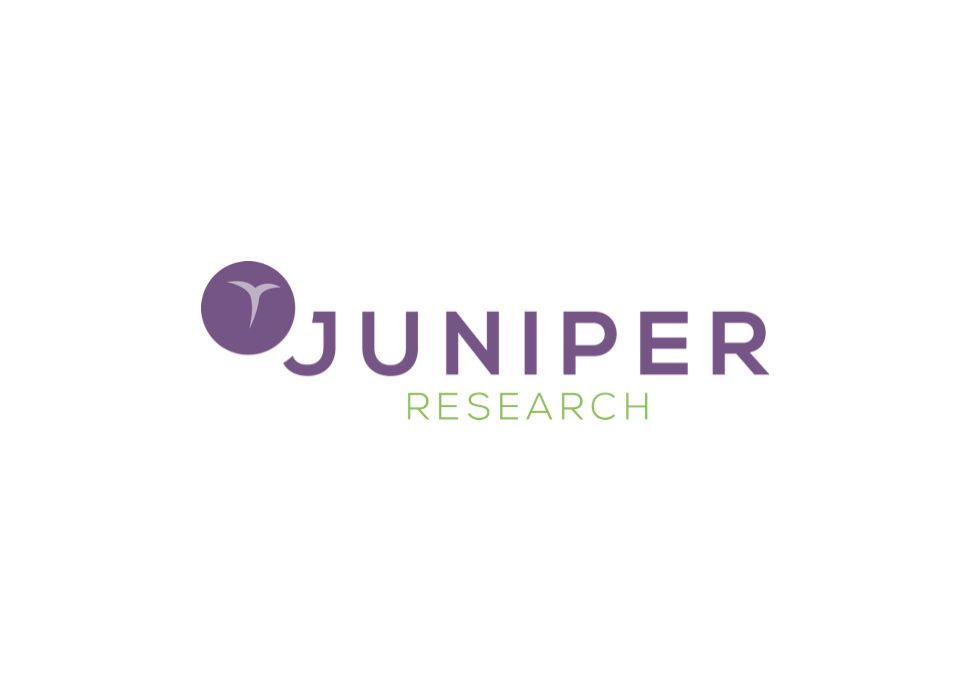
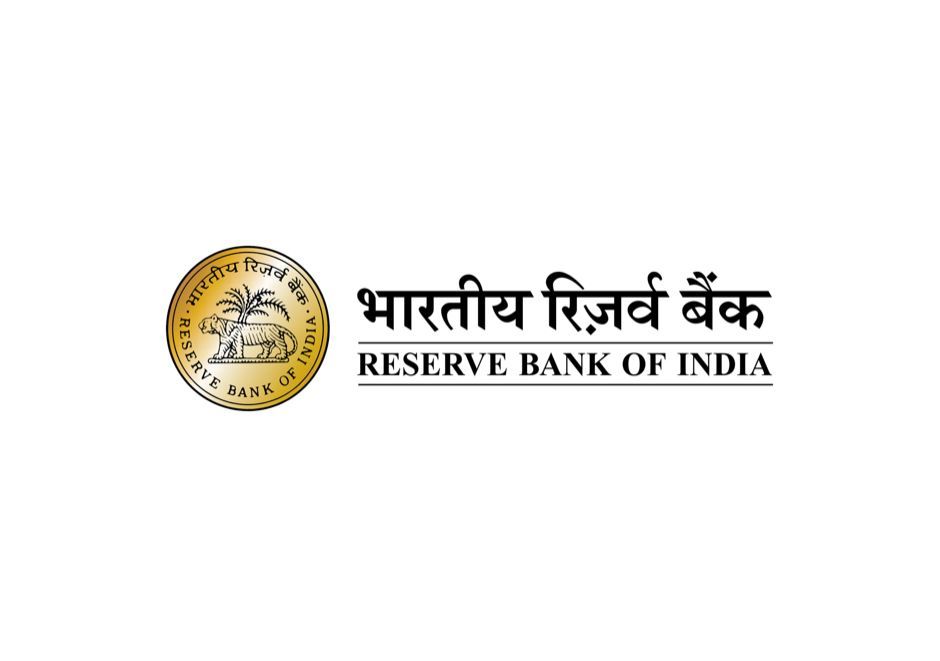
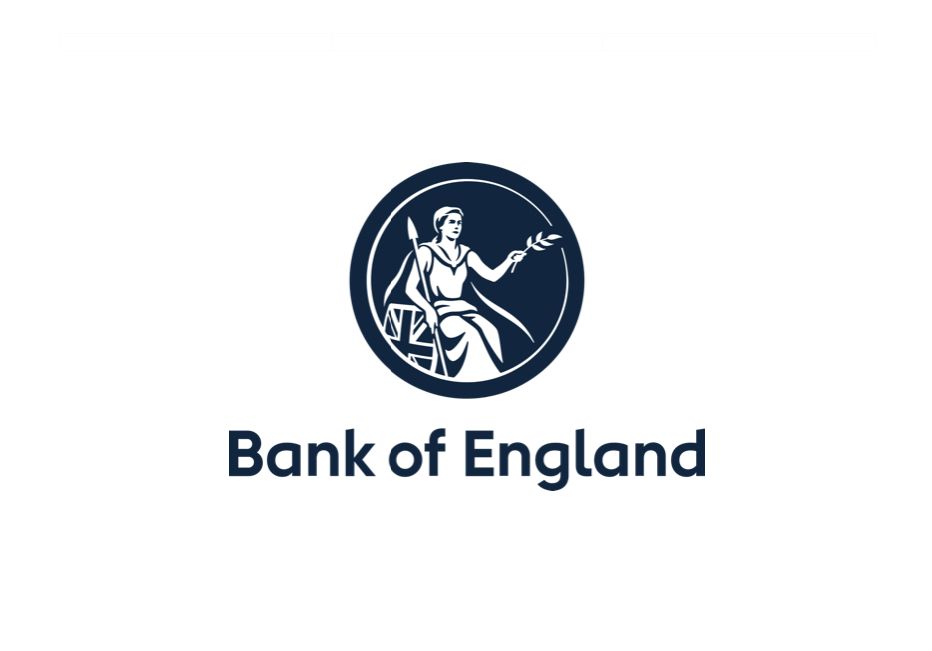
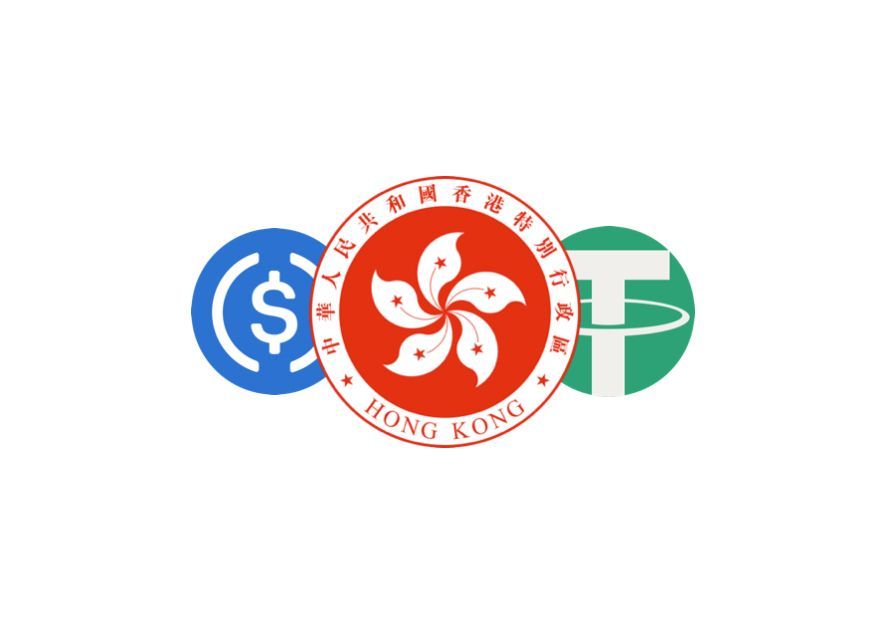
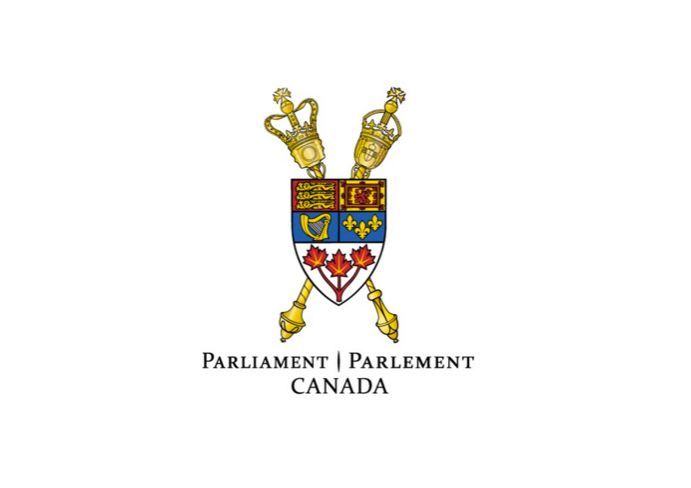
Disclaimer:
GlobalStablecoins.com is an informational website that provides news about coins, blockchain companies, blockchain products and blockchain events. Don’t take it as investment advice. Speak to an advisor before you risk investing in an ICO, Cryptocurrencies, Cryptoassets, Security Tokens, Utility Tokens, Exchange Tokens, Global Stablecoins, Stablecoins or eMoney Tokens. GlobalStablecoins.com is not accountable, directly or indirectly, for any damage or loss incurred, alleged or otherwise, in connection to the use or reliance of any content you read on the site.
Affiliate Disclosure / Sponsored Posts:
If a Sponsored Post contains any mention of a crypto project, we encourage our readers to conduct diligence prior to taking further action. GlobalStablecoins.com does not recommend that any cryptocurrency should be bought, sold, or held by you. Do conduct your own due diligence and consult your financial advisor before making any investment decisions.
GlobalStablecoins.com may receive compensation for affiliate links. Should you perform activities in relation to an affiliate link, it is understood that some form of compensation might be made to GlobalStablecoins.com. For example, if you click on an affiliate link, and sign up and trade on an exchange, GlobalStablecoins.com may receive compensation.
Before you invest in Cryptoassets you should be aware of the following,
Cryptoassets are considered very high risk, speculative investments.
If you invest in Cryptoassets you should be prepared to lose all your money.
All Sponsored Posts are paid for by crypto projects, coin foundations, advertising firms, PR firms, or other marketing agencies. GlobalStablecoins.com is not a subsidiary of any marketing agency, nor are we owned by any crypto or blockchain foundation.
The purpose of offering Sponsored Posts to our advertisers is to help fund the day-to-day business operations at GlobalStablecoins.com.
If you come across a Sponsored Post which you believe is fraudulent and/or “scammy,” please contact us and we will perform an immediate investigation.
All Rights Reserved | GlobalStablecoins.com
